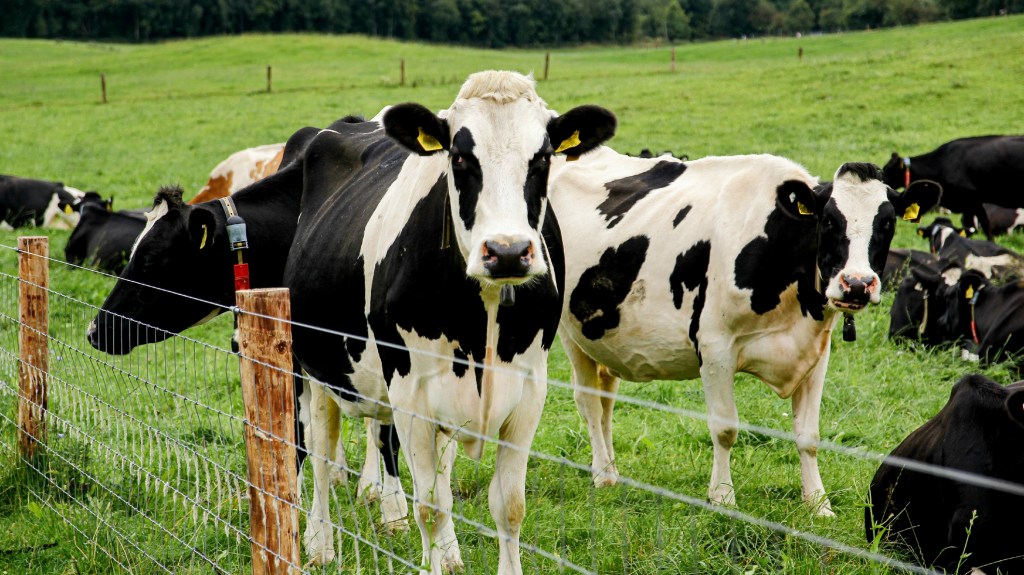Farmers’ Distraction Leads to Spike in River Pollution
New data reveals a significant increase in damaging pollution incidents within English rivers, attributed to farming practices. This alarming rise, disclosed by Alan Lovell, chairman of the Environment Agency, marks a concerning trend for the nation’s waterways.
According to Lovell, there were 77 documented incidents of “serious pollution” in England last year, representing a 54 percent increase over the prior year and the highest number recorded to date.
Incidents classified as serious pollution fall into two categories: category 1, which has a severe and lasting impact on the environment or public health, and category 2, considered to cause significant damage. Historical examples of agricultural pollution include slurry spills that have devastated fish populations. The ecological condition of the Wye River was downgraded two years ago due to excessive manure from the area’s poultry farms contaminating the waterway.
Lovell expressed his dissatisfaction with the agricultural sector’s influence on water quality during a speech at a historic barn near Maidenhead, where stakeholders, including representatives from the Duchy of Cornwall, convened at the Rivers’ Forum 2025 event.
One slide presented by Lovell highlighted a “worrying lack of progress on agriculture and highways.” The dairy industry was responsible for the majority of serious pollution incidents last year, totaling 47, followed by arable farming with 17 incidents. Other contributors included beef, poultry, horticultural farmers, and those growing energy crops.
The rise in incidents is partially attributed to increased oversight from the Environment Agency, which inspected 105,000 farms in England a total of 4,545 times last year—an increase from around 1,000 annually in 2020.
Lovell raised concerns that certain policies from the Labour government have hindered farmers from prioritizing environmental protections. Under a presentation slide titled “Challenges for farmers hinder environmental focus,” he referred to Chancellor Rachel Reeves’s decision to remove inheritance tax exemptions for farmers, which has led to protests within the agricultural community.
He also pointed to rising costs such as employers’ national insurance contributions, increased minimum wage rates, and the abrupt closure of the sustainable farming incentive scheme earlier this year as factors creating financial strain on farmers.
Kyle Lischak, head of UK operations for environmental law organization ClientEarth, stated, “UK rivers are in crisis. Serious agricultural pollution incidents have become far too common, posing a grave risk to our ecosystems and public health. Immediate government action is urgently required to address the unacceptable pollution levels affecting our rivers.”
This week, it was announced that water companies are facing the highest number of criminal investigations since last July, yet agriculture remains a more significant contributor to watercourses not meeting ecological standards than water companies.

Many rivers are under threat from agricultural pollution, with farming identified as the primary source of contamination in three-quarters of protected rivers reviewed by the government, including prominent waterways like the Axe, Derwent, Tweed, and Eden.
Globally rare chalk streams such as the Lambourn and Clun also face significant stress from farming pollution, particularly because of vulnerable populations of freshwater pearl mussels.
Rachel Hallos, vice-president of the National Farmers’ Union, acknowledged the industry’s responsibility to enhance water quality. She emphasized that solving these issues requires collaboration: “With adequate funding and supportive regulations, farmers can invest in sustainable practices that enhance soil health and carefully regulate the use of manure and fertilizers on the land.”
In response to Lovell’s comments, a spokesman for the Environment Agency stated, “We are actively engaging with farmers to mitigate agricultural pollution and recognize the myriad challenges they are encountering, including the impacts of climate change. Lovell’s remarks at the Rivers Forum were meant to promote understanding of these issues and were not intended as criticism of existing government policies.”




Post Comment